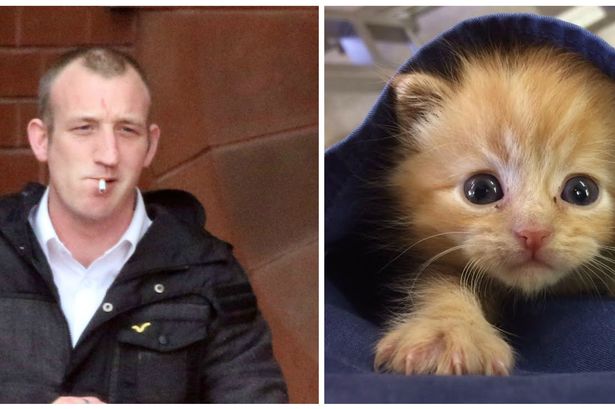[ad_1]
Many of our veterans have now told their stories. And some have even had them recorded for posterity. These three Orange County, California residents decided to record their life stories in veterans’ videos in 2008. Now, in 2010, only two of these three are still with us.
Jim Peirano: Firing back at Pearl Harbor
Jim Peirano fired at Japanese bombers from the deck of his submarine USS Dolphin during the attack on Pearl Harbor in 1941. He remembered with horror as the Arizona blew up scattering burning oil over the water – burning hundreds. Jim remembered the looks on the faces of the young Japanese pilots as they swooped in to drop their bombs. “They had the scarves and everything. You could see them real well because they were flying so low. It was just like you see in the movies!”
Jim was animated throughout the interview. Happy to have been a witness to so much history and somehow able to contain his sorrow at the terrible loss. Soon after Pearl Harbor, Jim’s submarine left to carry the war to the Japanese:
“We did not know anything about fighting a war,” he said. “We knew how to dive and exercise the submarine. But the rest we had to learn as the war progressed.”
Jim was at the battles of Midway and Tarawa and he saw service in the Solomon Islands where he helped save a group of 29 missionary nuns and children. He was in the middle of the “Battle of Japan” as he termed it, his submarine sinking many enemy ships. He stressed that American forces would drop leaflets on civilian populations before bombing runs, warning them to evacuate – a fact he said is often overlooked.
Jim left the service highly decorated and with the rank of Lieutenant Commander and later revisited Australia, where he introduced the sport of ten pin bowling to that country. As he told these stories on his veteran’s video, Jim’s eyes shone. He was back in the moment.
Jim died last year at his home in Laguna Woods.
Julian Ertz: His Buddy Begged to be Shot
One-time Footballer Julian Ertz, still alive and now 90 and also Laguna Woods, California resident, was anxious to fight in the war in Europe and trained as a pilot and a navigator. In December 1943, Julian and his crew took the “southern” route to England, via Puerto Rico, Trinidad, Natal Brazil then across the Atlantic to Dakar, Marrakech and finally Great Britain. The plane was stocked with candy for war-deprived British children the crew expected to meet.
Tragedy struck for Julian and his crew when his B-24 J Liberator – named “Bachelors’ Baby” on account of the single status of its crew – crashed on take off in Wales. As he tells in his veteran’s video, the plane was loaded with 50 caliber shells. Julian suffered a broken back, and walks with some difficulty to this day, but still counts himself lucky. He was able to shelter from the exploding bullets behind the plane’s engine, which had become detached. Five of his 10 crew, and a sixth man – an unlucky hitch hiker – were killed. Booster, the mascot dog, was also killed in the crash.
He remembers to this day the cries of Sammy Offutt as he burned alive in the wreckage, begging Julian to end his misery with his pistol. Julian was unable to comply – he did not have the gun to hand. He does not know what he would have done had he had it. Julian returned to the US in a full body cast – later studying law and becoming an attorney.
Sandy Ross: “It wasn’t heroic. It was exciting”
Sandy Ross, who turns 88 in December and lives in Lake Forest, California wanted to become a pilot ever since his days as a Lockheed riveter, riding in the cockpits on the assembly line. Before America’s involvement in the war, he begged his father to let him go north to Canada to join up. His father refused. He did not have long to wait. Sandy and his brother joined the Army Air Corps and soon both were piloting P-47 Thunderbolts against German forces in Europe.
Proudly wearing his still-fitting brown bomber jacket and officers cap during his veteran’s video interview, WWII veteran Sandy Ross recalled some of his 51 missions over Europe. Asked about the dogfight that earned him the Air Medal, the Distinguished Flying Cross as well as a promotion to Second Lieutenant, he said: “It wasn’t heroic. It was exciting. It was fun.”
Our World War II veterans lived through some of the most dramatic times of the 20th century. It is important that their stories are captured for their families and future generations. Most of our WWII veterans are in their 80’s and 90’s and there is a real urgency to record their stories.
[ad_2]




